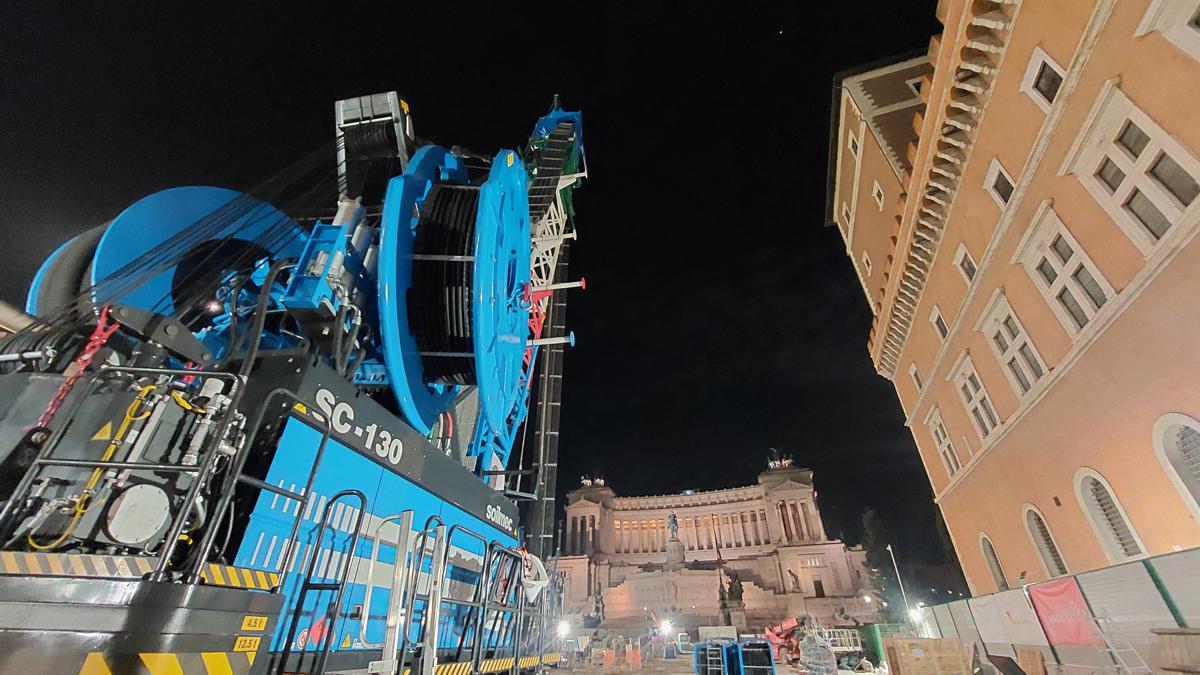EBRD partners with EU for Macedonian Railway Corridor VIII
The modernisation of FYR Macedonia’s railway infrastructure is progressing, with the signing in Skopje today of a grant agreement for a further €68.6 million of co-financing from the European Union through the Western Balkans Investment Framework (WBIF).
This grant will be used to co-finance the construction of approximately 34 km of the rail network, from Beljakovce to Kriva Palanka, the second phase of the railway Corridor VIII project, which, once completed, is to become part of the Trans-European Transport Network, linking the country with Albania in the west and Bulgaria in the east.
It follows sovereign loans of €46.4 million and €145 million provided by the EBRD to the Macedonian government for on-lending to the Macedonian Public Enterprise for Railway Infrastructure (PERI), a state-owned company established in 2007.
The first phase of the project – the rehabilitation of a rail section approximately 31 km in length between Kumanovo and Beljakovce – is currently being implemented. For the second phase, procurement activities have started and the contractor that will carry out the work is now being selected.
The WBIF has also been providing technical cooperation grants in the amount of €5.7 million for project preparation and implementation.
The development of the Macedonian economy depends on connections to major international land transport routes along which freight can travel easily. The country also lies on the route of the 215 km rail Corridor X.
Established in 2009, the WBIF is a joint initiative of the European Commission, international financial institutions such as the EBRD, bilateral donors* and governments of the Western Balkans countries. The Framework aims to support development and EU accession through the provision of finance and technical assistance for strategic investment, particularly in transport, energy, environment, social infrastructure (such as schools and community housing) and private sector development.
The grant agreement was signed in the presence of Goran Sugareski, Minister of Transport and Communications, Dragan Tevdovski, Finance Minister, Samuel Zbogar, Head of EU Delegation and Anca Ionescu, EBRD Head, Macedonia.















